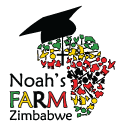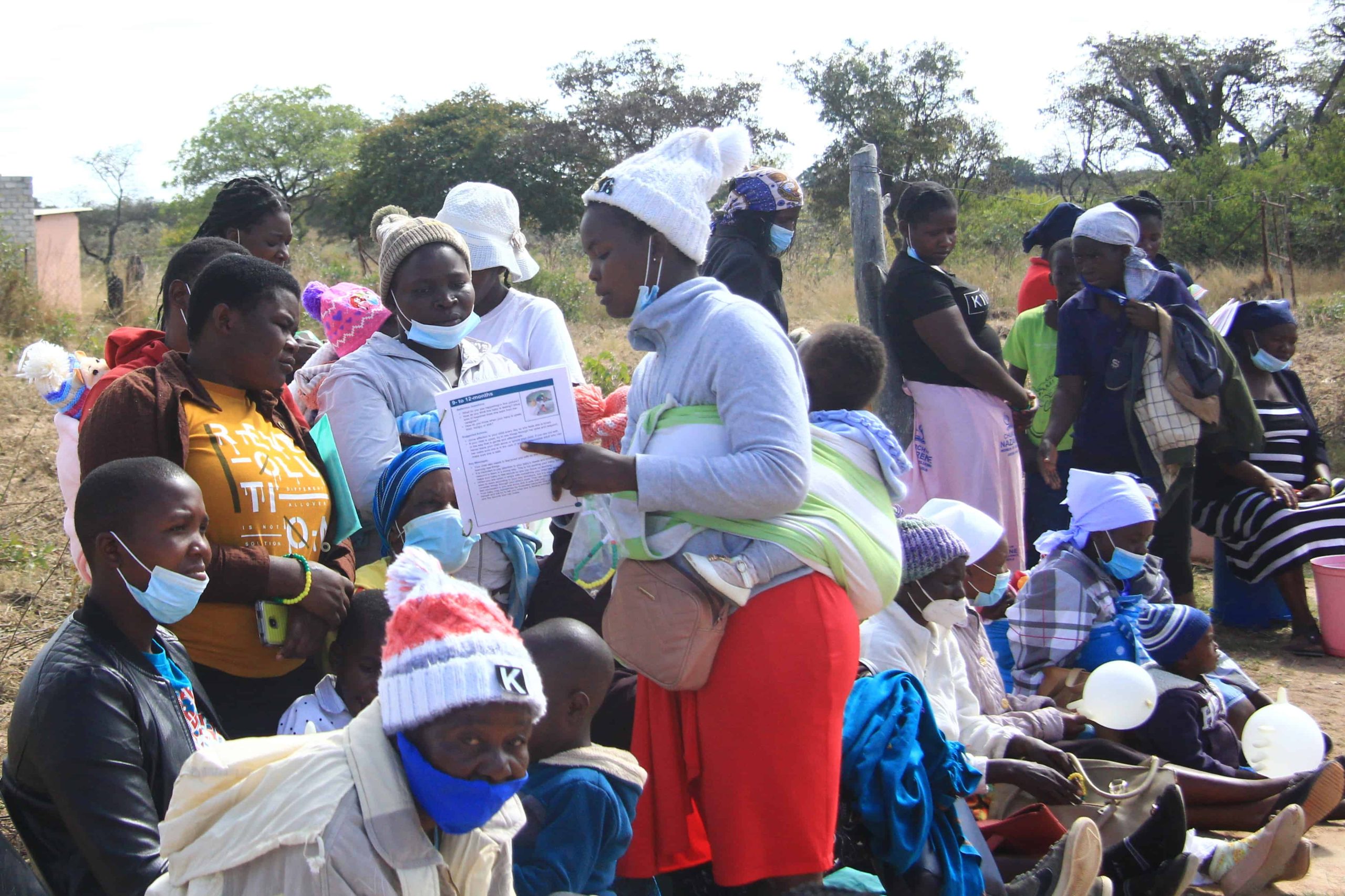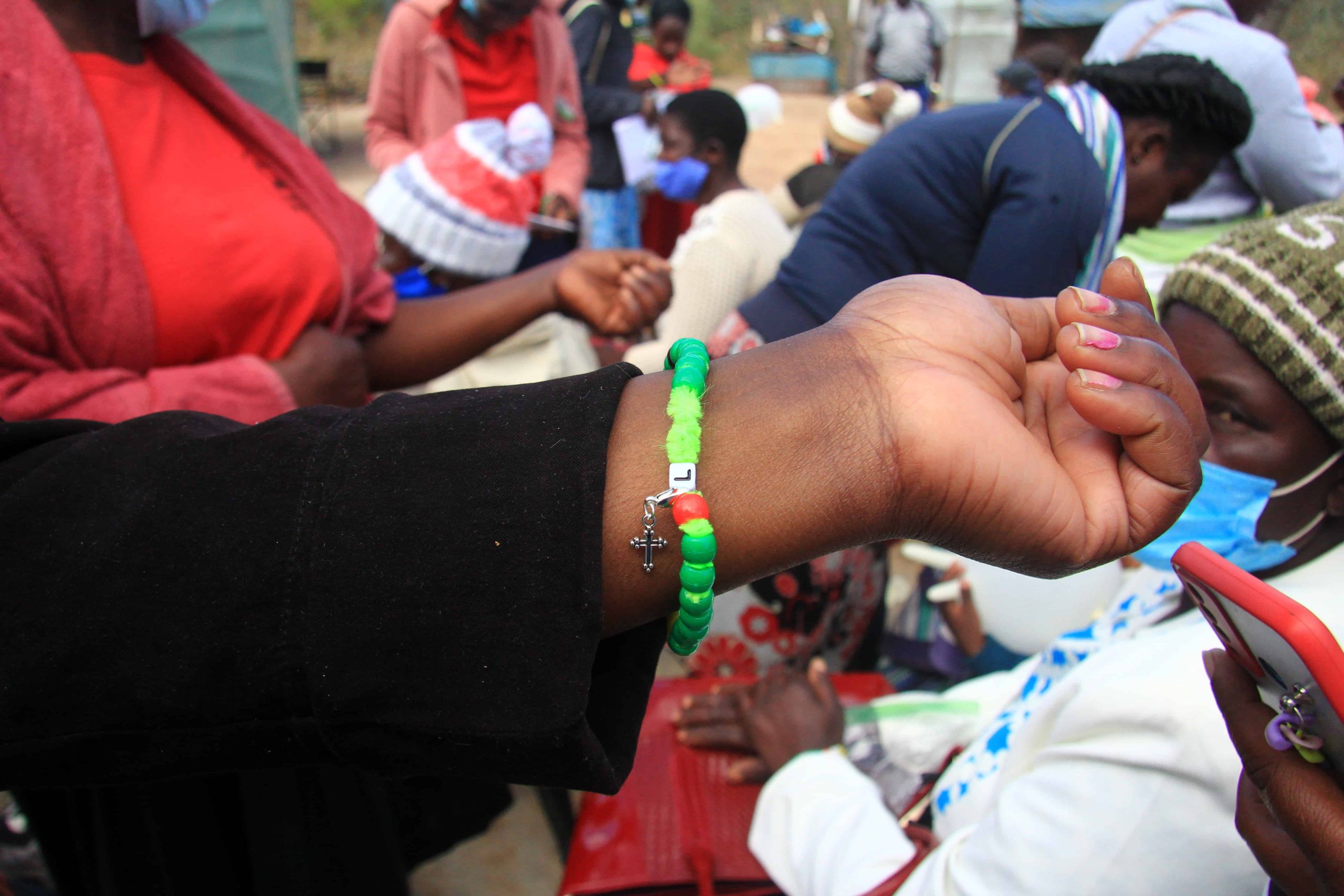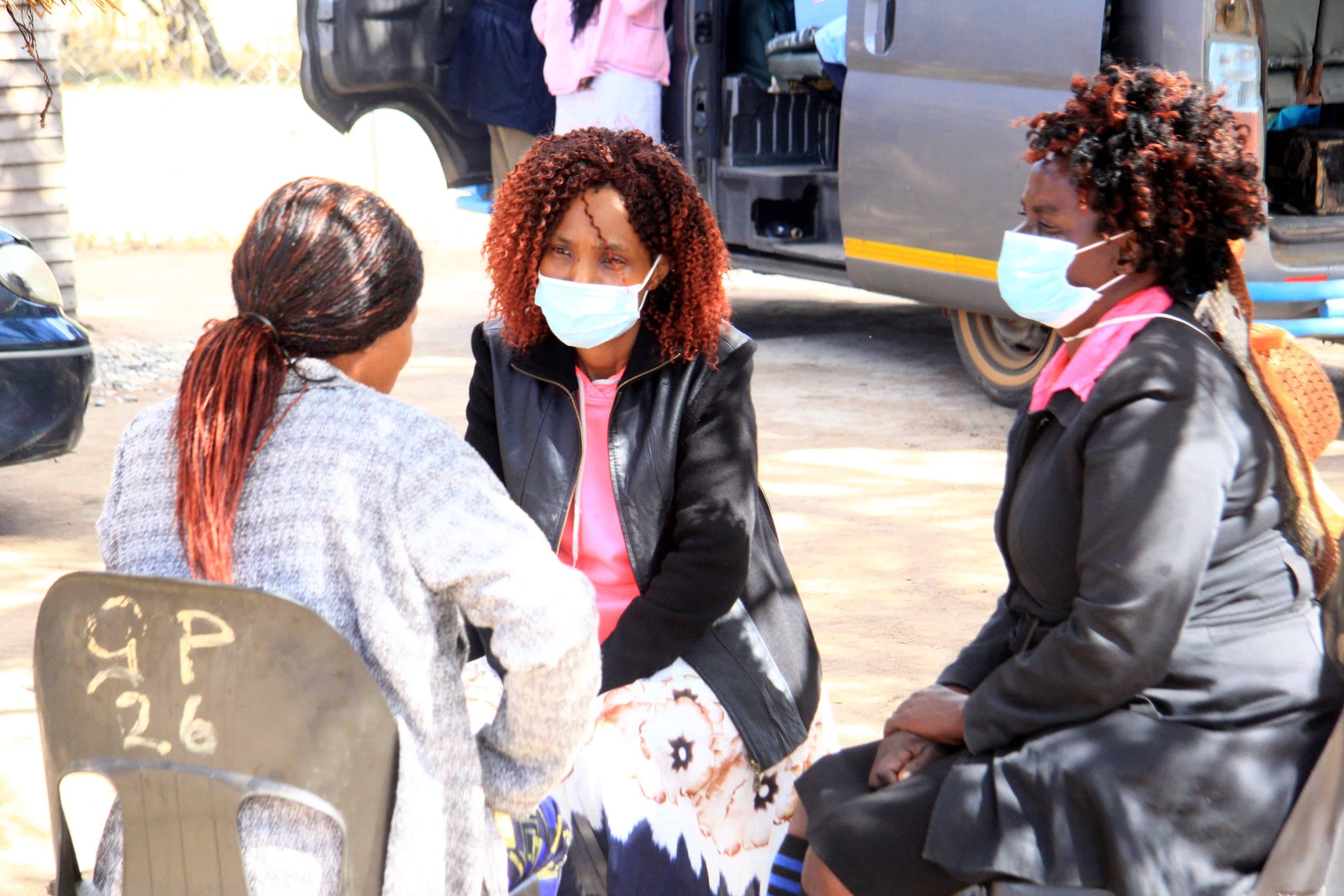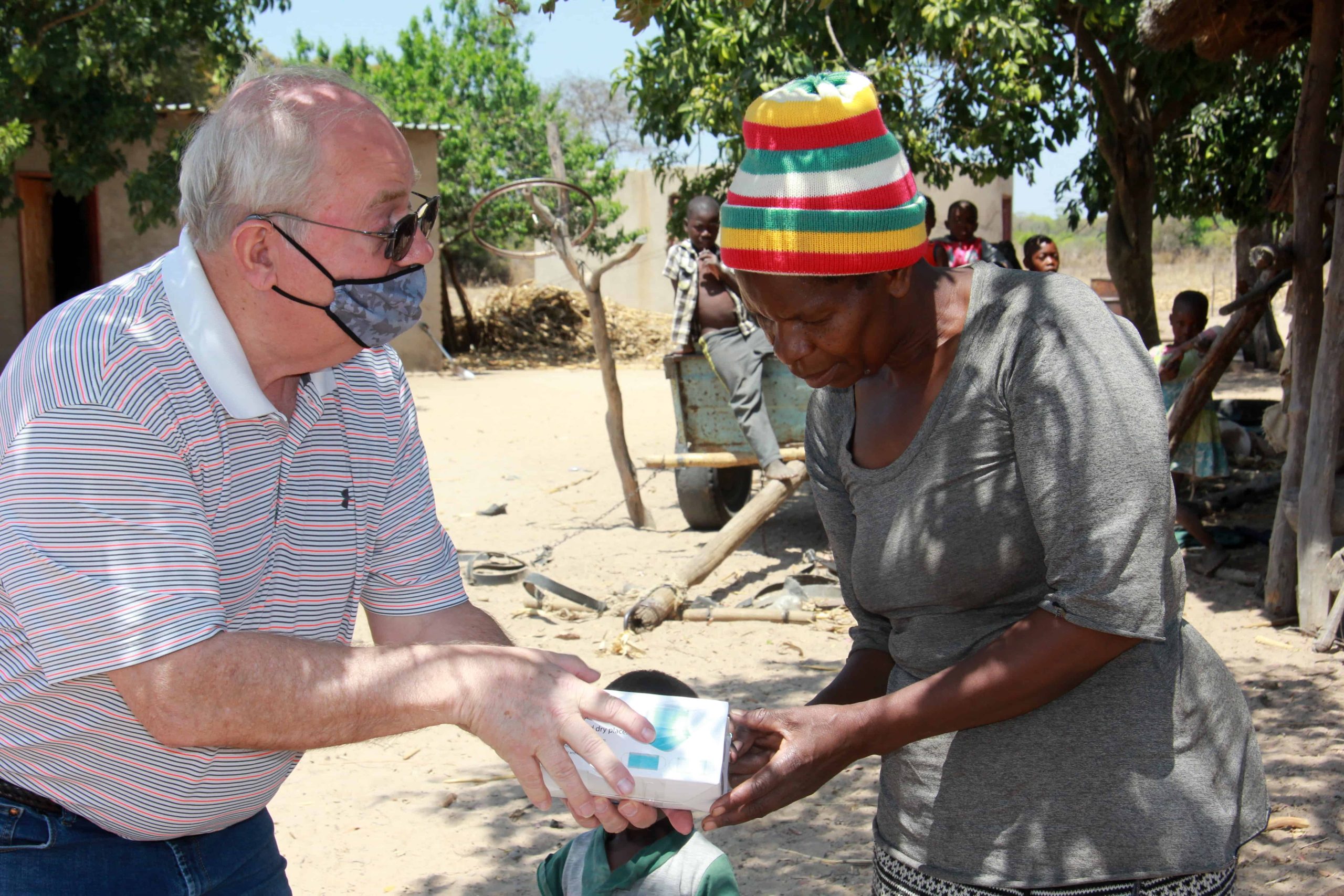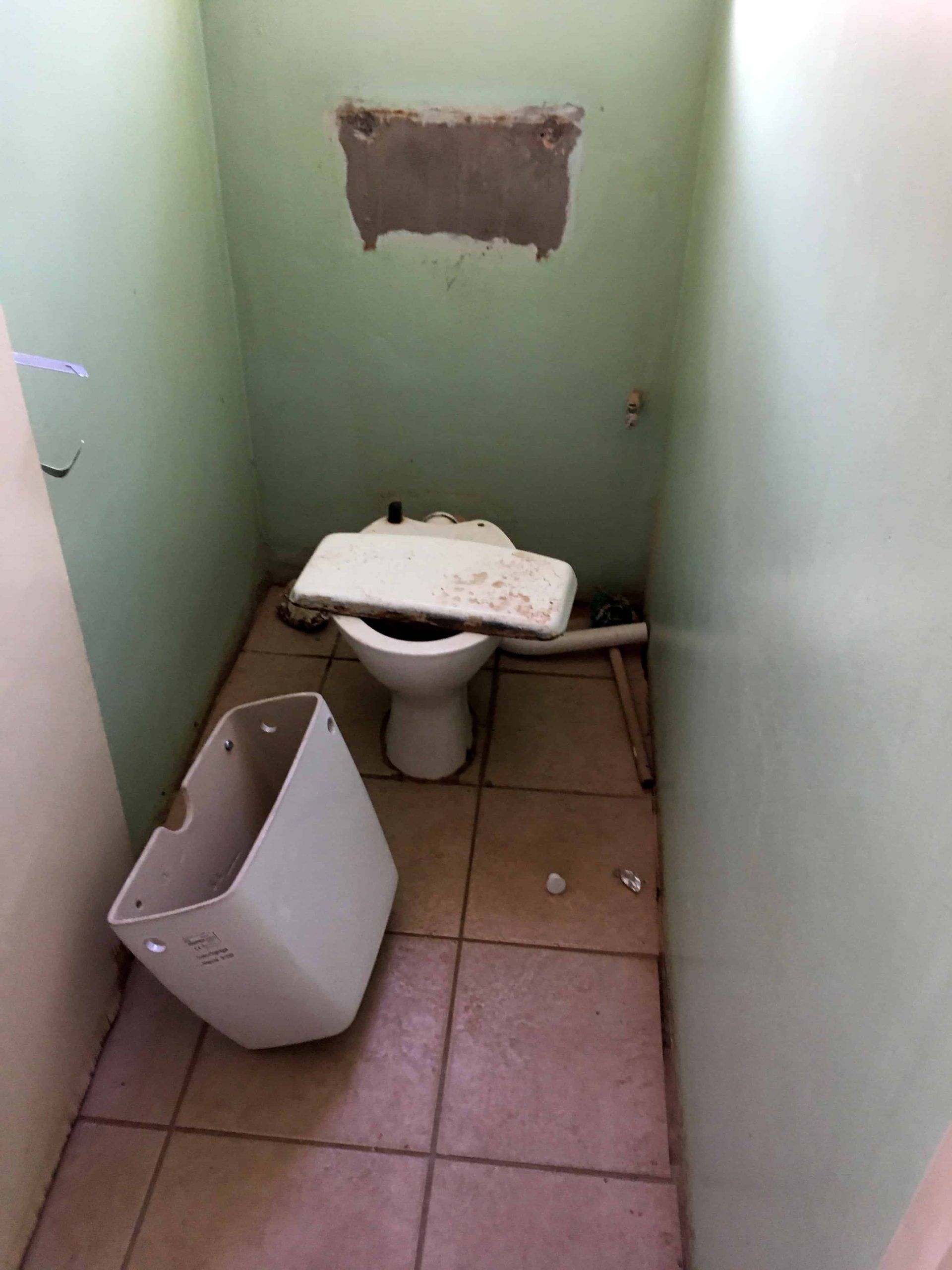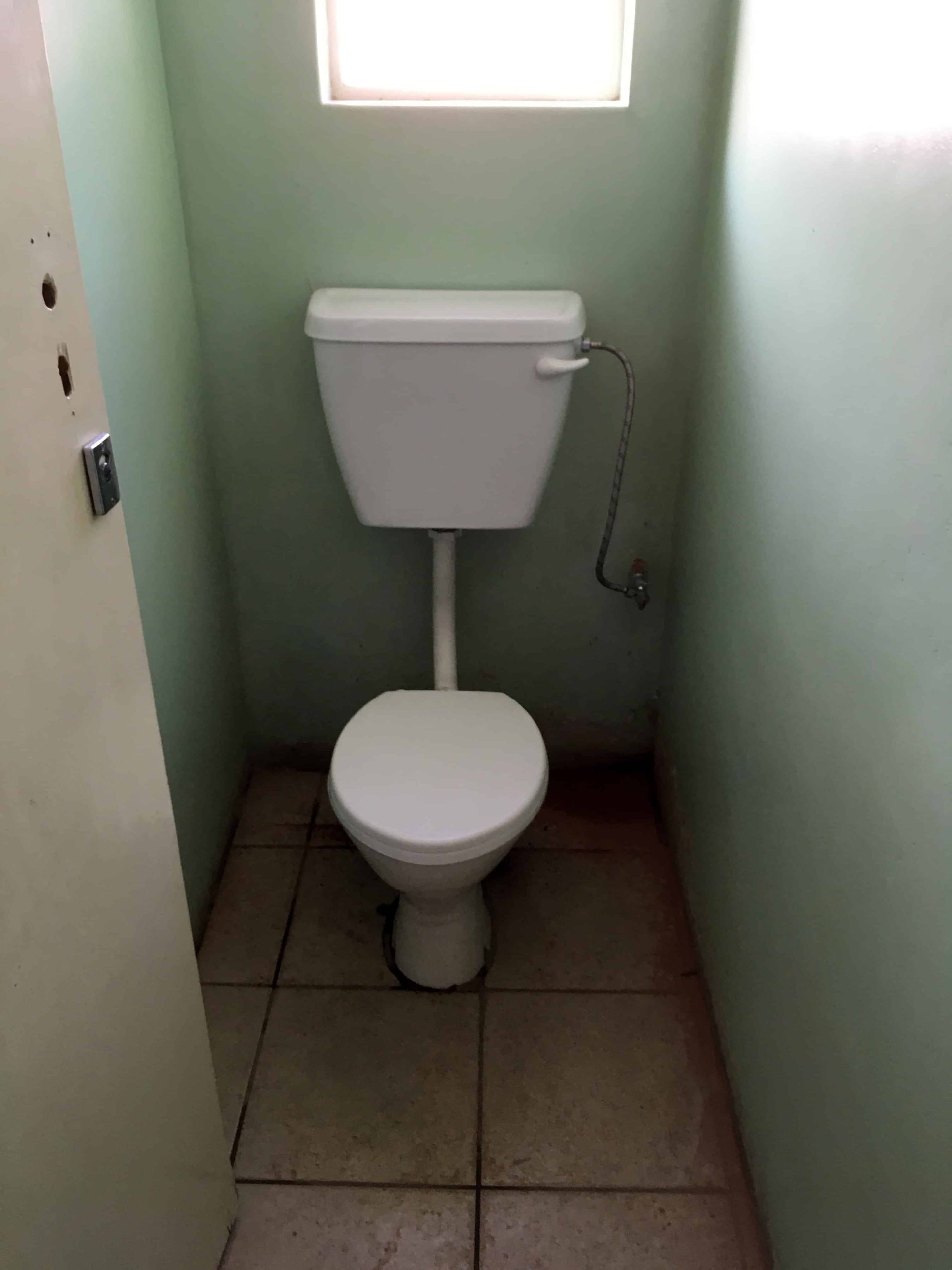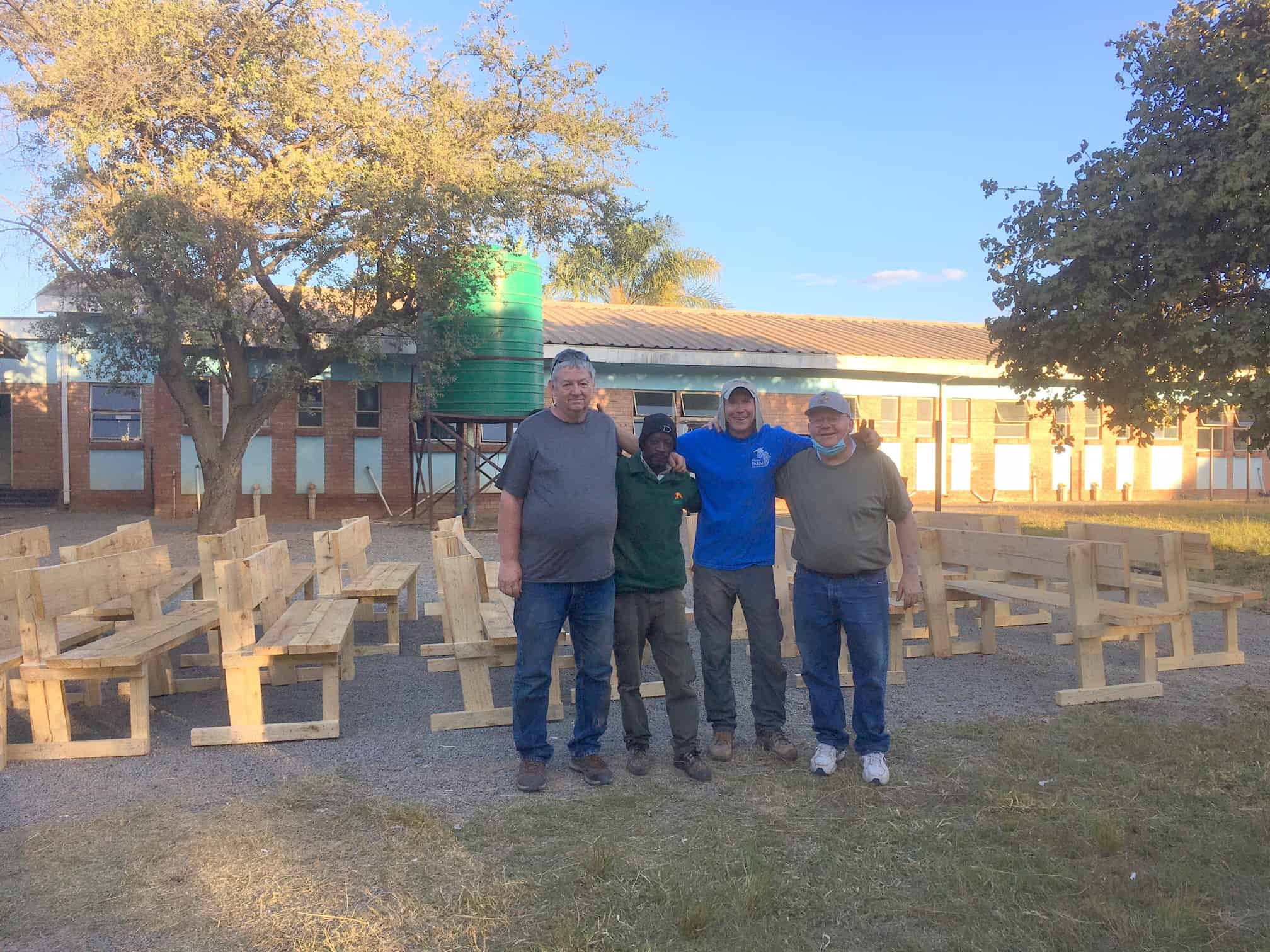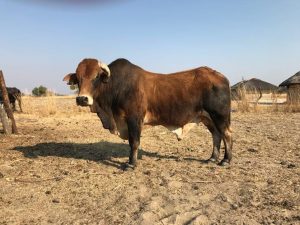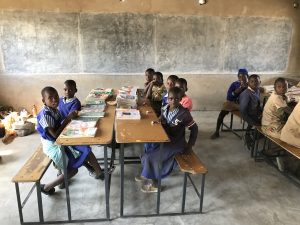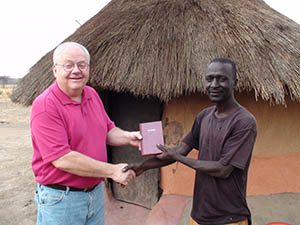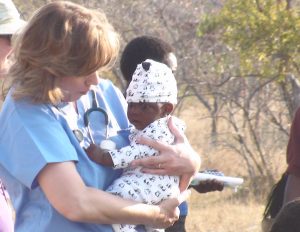Medical Missions
Jesus went throughout Galilee, teaching in their synagogues, proclaiming the good news of the kingdom, and healing every disease and sickness among the people. – Matthew 4:23
Zimbabwe faces many health challenges. In a country with significant threats from HIV, tuberculosis, malaria, cholera, measles, and, now, Covid-19, there is a severe shortage of healthcare professionals. Although public hospitals and clinics exist in cities, they lack equipment, medicines, and supplies. Rural areas are in worse shape. There are few working clinics, health care workers visit infrequently, and transportation to city hospitals is difficult. The sobering result is that, of the 193 countries in the world, Zimbabwe ranks 178th in the world in life expectancy.
Lack of access to nutritious foods also affects health in Zimbabwe. Over one-fourth of the children in Zimbabwe, including Central Zimbabwe, are stunted—meaning that they are significantly small for their age. Such stature is predictive of higher disease incidence, higher mortality, reduced cognitive development, and reduced earning capacity. At the same time, other conditions associated with an unhealthy diet, such as diabetes, obesity and heart disease, are a growing concern in the country.
In the face of these challenges, Noah’s FARM is working to improve access to health care and health education in Central Zimbabwe.
The purpose of human life is to serve, and to show compassion and the will to help others. -Albert Schweitzer
1. Medical Mission Trips
Although Zimbabwe has a system of nurses and doctors designated to serve rural areas, the reality of the economic situation is that these teams often fail to reach rural areas and experience a shortfall of medicines and supplies when they do contact their rural patients.
One of the objective of our mission trips to Zimbabwe is to conduct mobile medical clinics in these hard-to-reach areas in partnership with the local staff designated to serve these areas. Our clinics, held at rural Churches of the Nazarene, may be the only contact some rural residents have with medical professionals all year. These clinics help to diagnose medical issues and can provide important vaccines, drugs to treat and manage conditions, lifestyle counseling, and referral for future treatment.
2. Community Education
Noah’s Farm also strives to provide both medical care and community education in rural areas in Central Zimbabwe. We work with pastors at rural churches to help mothers and children develop healthy diets, grow healthy foods, overcome barriers to breast-feeding, practice good hygiene, and receive the supplements and medical treatments that can improve growth and overall health.
Your donations can help provide resources such as posters, pamphlets, and other educational items that engage children and families in learning about healthy choices. Interventions in other countries have found that providing community education can help improve the nutrition and health of mothers and children. In Madagascar, breastfeeding rates were increased from 42% to 70% after an information campaign!
3. Community Partnerships
Even in urban areas, the condition of medical clinics in Zimbabwe can be dismal. Working with community partners, Noah’s FARM is helping accomplish repairs in public clinics such as Mkoba PolyClinic. Prior to 2022, the clinic had no working toilets, had running water only one day per week, and had no seating for patients, including expectant mothers. With technical assistance from staff from Antelope Game Park, Noah’s FARM team members were able to repair 10 toilets, connect the water system to provide running water every day, and build 24 benches for seating.
